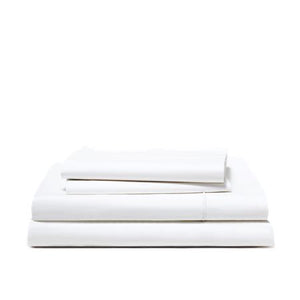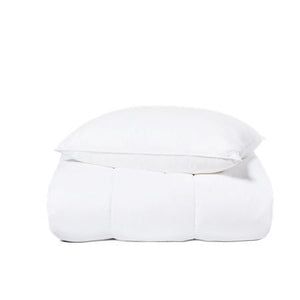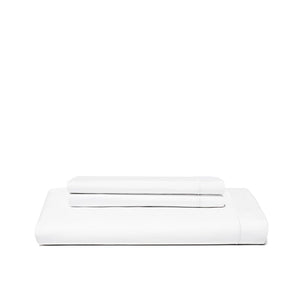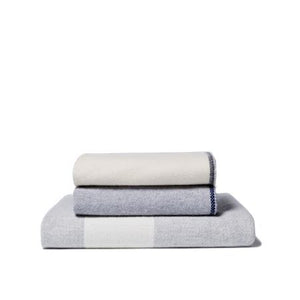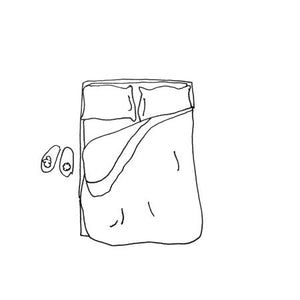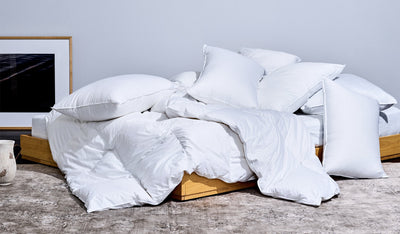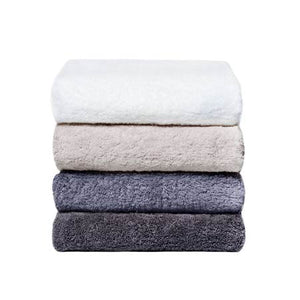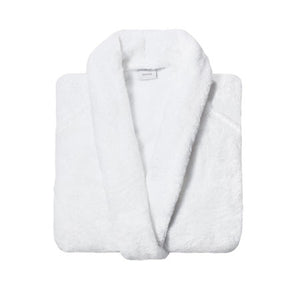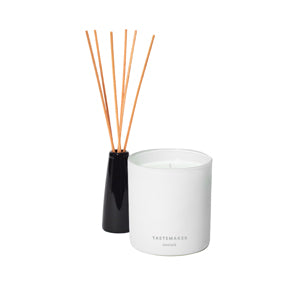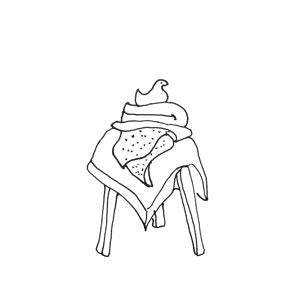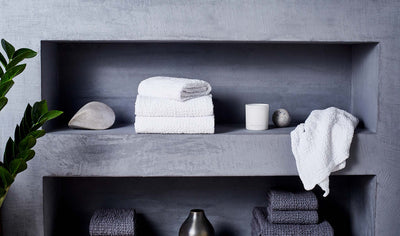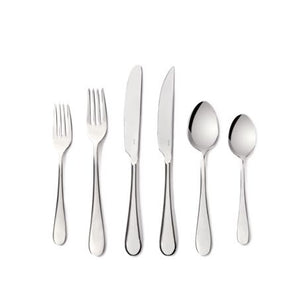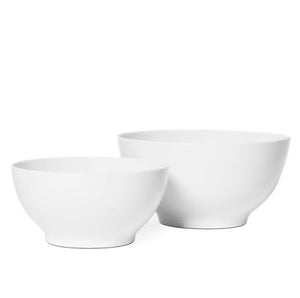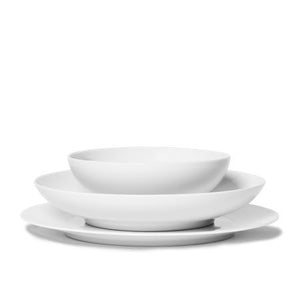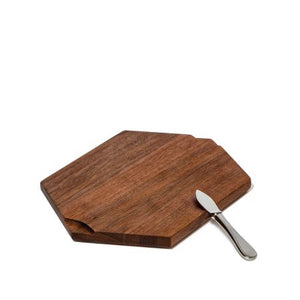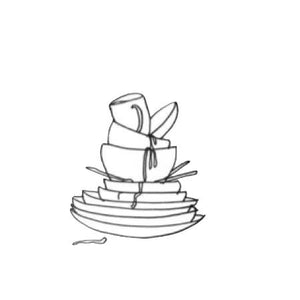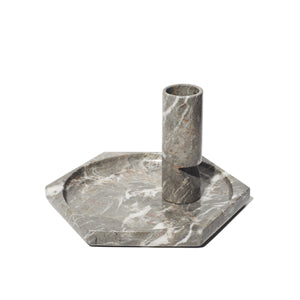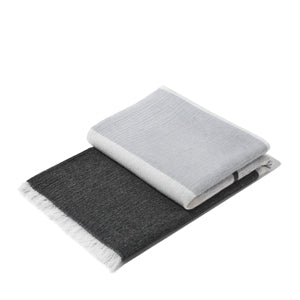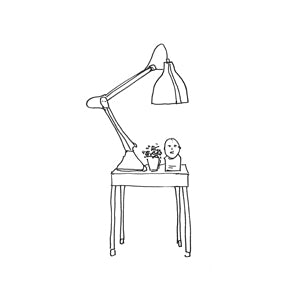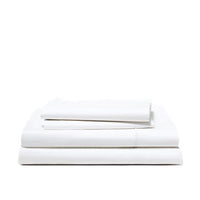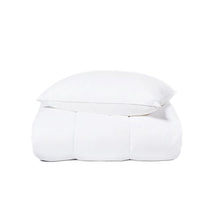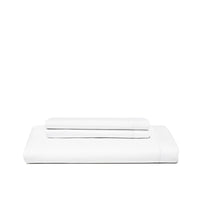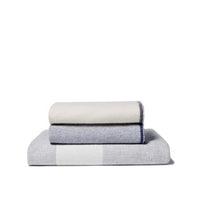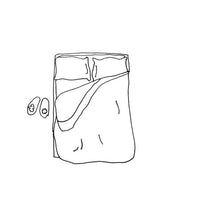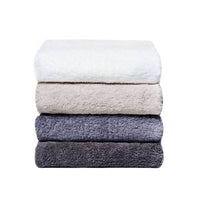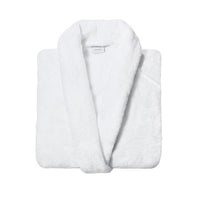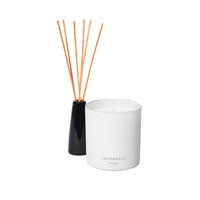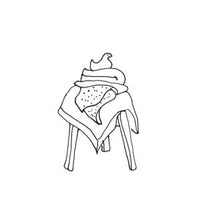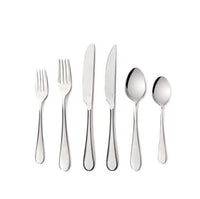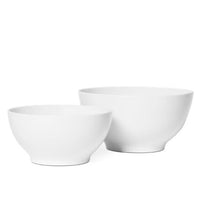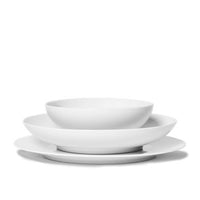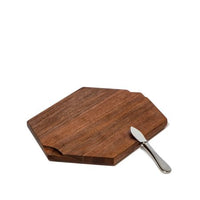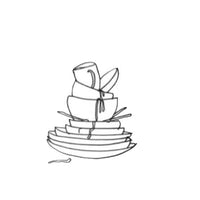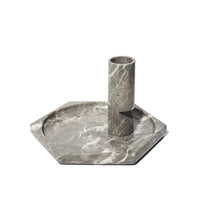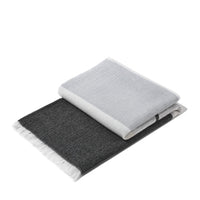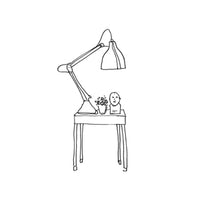
You know the basics—drop it off with your dry cleaner, pick it up tomorrow. We jest. Laundry can seem pretty straightforward, but there’s plenty we’ve all been afraid to ask. Here are the questions to your dirtiest secrets when it comes to what to wash and when.
...
1. How often do I have to wash my bath towel?
For starters, more than you think. Bath towels should hit the showers themselves every three or four days. But to keep things clean, alternate between two towels—that way each has time to fully dry to prevent mustiness and ensure longevity.
2. But what about my hand towels?
If you don’t have guests often you might think these can hang out forever, but you should actually tend to these even more often. Wash hand towels every couple of days, since they are used multiple times a day and often by hands that are extra wet, and not always super clean.
3. And, my bed sheets?
There are multiple schools of thought here. At a minimum, these should be tossed in the machine every other week or more depending on the scope of your bedtime activities.
While heat does remove almost anything unsavory, stop while you’re ahead when it comes to preserving your sheets. Take them out of the dryer when they are just barely damp and dress your bed. It will prevent wrinkles and damage caused by over-drying.
4. Wait, are there things I should be washing that I haven’t even thought of?
Yes, actually. Toss your duvet cover into the cycle about once a month. Even though it’s technically “decorative” it still gets dirty. Put your actual pillows into the wash once every three to six months, making sure to follow the manufacturer’s instructions.

5. How much detergent should I actually use?
Don’t trust your guesstimate here. Measure out detergent to the specifications the manufacturers provide and know what they mean. Their “medium” means roughly six to seven pounds of laundry, or about three-quarters of a household machine. A larger laundromat load or one with especially soiled clothes will necessitate a little more. If clothes are coming out stiff, you’re using too much. Run them through the wash until you don’t see suds to reset, and use a little less next time.
6. What’s the difference between liquid vs. powder detergents?
Truly, not much. While powders perform better in warm water, the main differentiator now is the packaging—liquid often comes in less eco-friendly plastic while powder is in cardboard. The one additional pro for liquid: you can use small amounts to pre-treat clothes, in lieu of a special stain fighter. Laundry pods can be easy, but you’ll pay for the expense, and you’ll need to double up for extra dirty loads.
7. If I don’t wash things in hot water, are they really clean?
Yes! Hot water is really only needed in the most dire of dirties (we’re looking at you old timey diapers!). The brunt of the carbon emissions of clothes washing comes from heating up that water, so do the earth a favor and keep it cold. Bonus: cold water is better for linens’ life. The frigid temps prevent shrinkage at the seams, help keep colors true, and work better on certain stains (like blood).
8. How should I be keeping my towels soft?
There’s such a thing as too soft—the chemicals in fabric softener can damage the fibers, leading to less supple linens in the long run. Instead fluff up your favorite towels by dropping a tennis ball into the dryer to agitate and puff. Go a step further by washing towels separately to prevent pills and by taking them out before they are fully dry to prevent over-drying and damage.
9. OK, I’m never going to iron my sheets, how can I fake it?
We hope you have better things to do, so here’s how to avoid it. Don’t overload sheets in the dryer, they need space to sort it out. Then remove while they are still slightly damp, and smooth out as you fold (or put them on the bed). Didn’t catch the sheets before they became a crumpled mess? Run the sheets in the dryer again for 5 to 10 minutes with damp washcloth.
10. My sheets and towels look like they have jaundice. Can they be saved?
Don’t immediately reach for the bleach, it could actually damage your fabric (and of course doesn’t work on all materials). Try this home remedy for an alternative fix. Soak towels in a mixture of boiling water and sliced lemons. Bring lemons and water to a boil then cut the heat and let linens sit for one hour, then launder.
If you're light on lemons, try the baking soda and vinegar approach. Add 1/2 cup of baking soda to the washing machine with your preferred detergent. Then add 1/2 cup of distilled white vinegar during the rinse cycle. When you're done, your sheets will look like you dried them in the sun.
